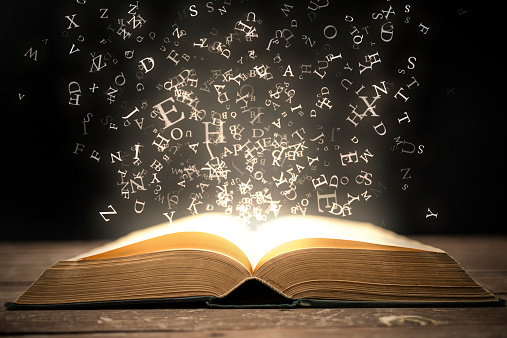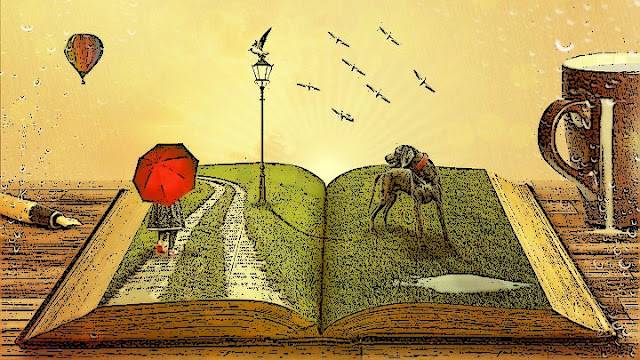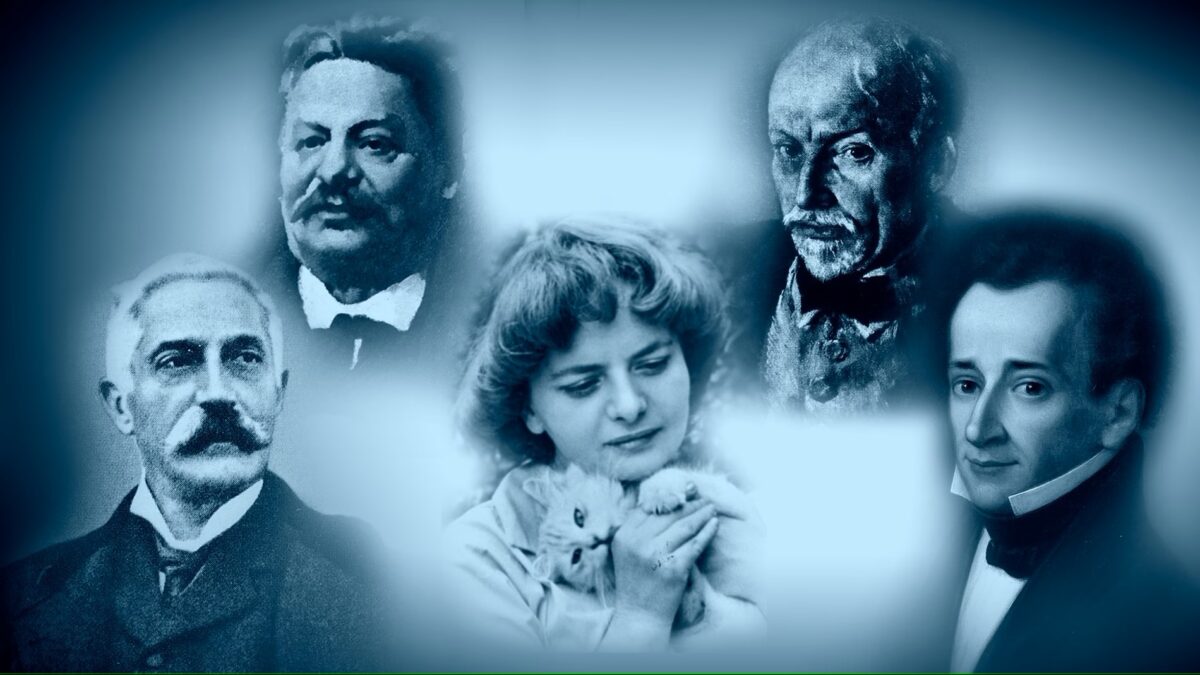Italian literature is expansive, spanning from the days of ancient Rome to contemporary times, with countless writers capturing the essence of their eras, lives, and emotions. Literature isn’t merely a dry academic study; it’s an immersion into the depicted period, a study of language and its evolution, and an exploration of human beings. It’s the flow of life, interpreted by both writers and readers alike.
Reading is a means of self-improvement: we enter a state of flow, completely engrossed in the narrative, forgetting our worries and problems. It matters not what you read – whether it’s Dante Alighieri’s Divine Comedy, a comic book, or Ernest Hemingway’s The Old Man and the Sea.; it is the involvement and ability of the author to transfer emotion, idea, value.

Literature transcends temporal, cultural, and geographical boundaries, irrespective of one’s background, language, or nationality. It delves into the depths of human emotions, thoughts, and experiences, exploring universal themes such as love, loss, friendship, ambition, and betrayal. Through literature, we witness the triumphs and tragedies of characters, like the sorrow and grief of Giacomo Leopardi, the profound Catholic sense of life in Alessandro Manzoni’s The Betrothed, Catullus’s deep love for Lesbia (as expressed in his Odi et Amo), Horace’s contemplation of fleeting time (eloquently captured in Carpe Diem), and the tragic life of Pier Paolo Pasolini (who met a mysterious end in Roman neighborhood). Just to mention a few Italian authors; diverse literatures create a universal bond. The oppression by Stalin, Mao, Mussolini, Hitler, the African dictator Idi Amin, and the Cuban Fidel Castro have all followed the same pattern.
Literature serves as a mirror to the human soul, reflecting our own experiences, fears, and desires. Its power lies in its ability to transcend barriers, uniting humanity through shared experiences, emotions, and ideas that can spark revolutions. Its purpose is to deepen our understanding of texts, explore their underlying meanings and messages, and open the gates of imagination.

I love literature because it discovers the differences and similarities in various works, writers, subjects, and styles to describe human emotions. I’m already contemplating my next article – it might explore the impact of literature on art!
Is this article interesting so far?
